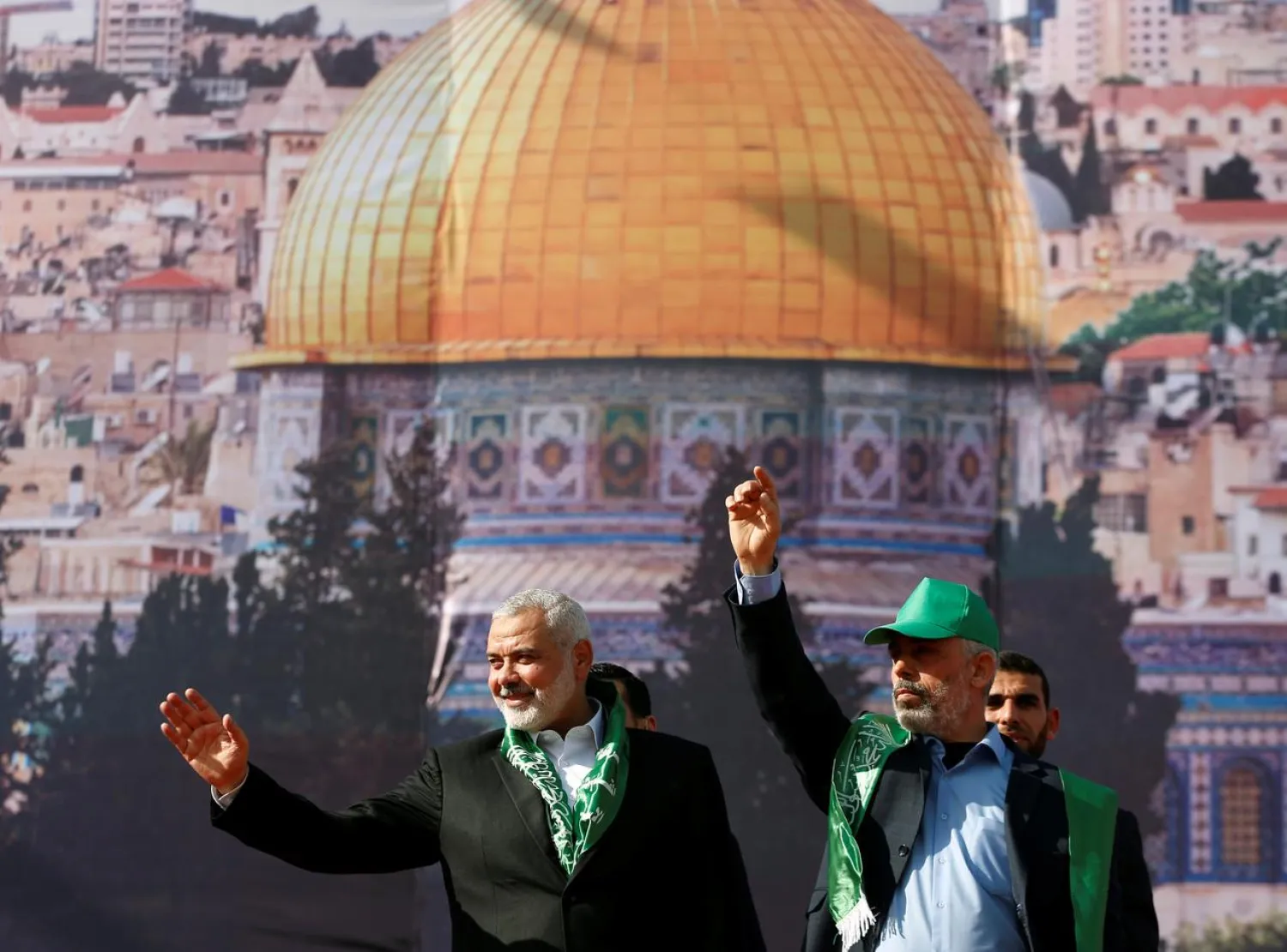An Israeli drone strike killed two Palestinians on bicycles Tuesday, hospital officials said, marking the latest deaths since an October ceasefire that hasn't halted deadly attacks in the Gaza Strip.
Al-Aqsa Martyrs Hospital said the two men were hit near the ceasefire line that divides Gaza, with one half under Israeli military control. They were hit in eastern Deir al-Balah, the hospital said, adding that it also received the body of a woman who was killed by Israeli gunfire in central Maghazi refugee camp.
Israel's military did not immediately respond to questions about either strike. It has previously said its forces respond to ceasefire violations or attacks on its soldiers.
Gaza's Health Ministry on Tuesday said reported 586 Palestinians had been killed since the start of the ceasefire, bringing the cumulative toll to 72,037 killed since the start of Israel's offensive. The ministry, which is part of the Hamas-led government, maintains detailed casualty records that are seen as generally reliable by UN agencies and independent experts.
Deadly Israeli strikes have repeatedly disrupted the truce since it took effect on Oct. 10. The escalating Palestinian toll has prompted many in Gaza to say it feels like the war has continued unabated.
Yet parts of the agreement outlined in last year’s ceasefire are moving forward. After a chaotic first week, officials say more Palestinians are entering and leaving Gaza for Egypt via the reopened Rafah crossing. Plans for an international peacekeeping force meant to provide security in Gaza are also beginning to take shape.
Indonesia — the world's most populous Muslim-majority country — said Tuesday that its military had begun training personnel to serve in Gaza, specifically for reconstruction and humanitarian response. Its army chief of staff said between 5,000 and 8,000 troops were preparing to deploy.
Vahd Nabyl Achmad Mulachela, a spokesperson for Indonesia’s Foreign Affairs Ministry, said Indonesian troops would not take part in disarmament — one of the most contentious and unresolved elements of the peace plan.
Indonesia’s President Prabowo Subianto told the UN General Assembly in October that his country planned to contribute troops, even as details about the force’s role and mandate was unclear. The commitment came as Prabowo sought closer ties with US President Donald Trump.
Israel and Hamas remain divided over the timeline and scope of Israel’s withdrawal and the demilitarization of the enclave after nearly two decades of Hamas rule.
The temporary International Stabilization Force outlined last year in Trump’s 20-point peace plan — among the key components of the demilitarization effort— is envisioned as a later phase of the plan.
The war began when Hamas-led fighters stormed into southern Israel and killed around 1,200 people, mostly civilians, on Oct. 7, 2023. The 251 hostages taken in the attack were returned to Israel in various ceasefire agreements, with the remains of Israeli police officer Ran Gvili — the final body in Gaza — were found and returned in January, paving the way for the advance of the ceasefire agreement. The war has sparked worldwide protests and brought allegations of genocide that Israel denies.









